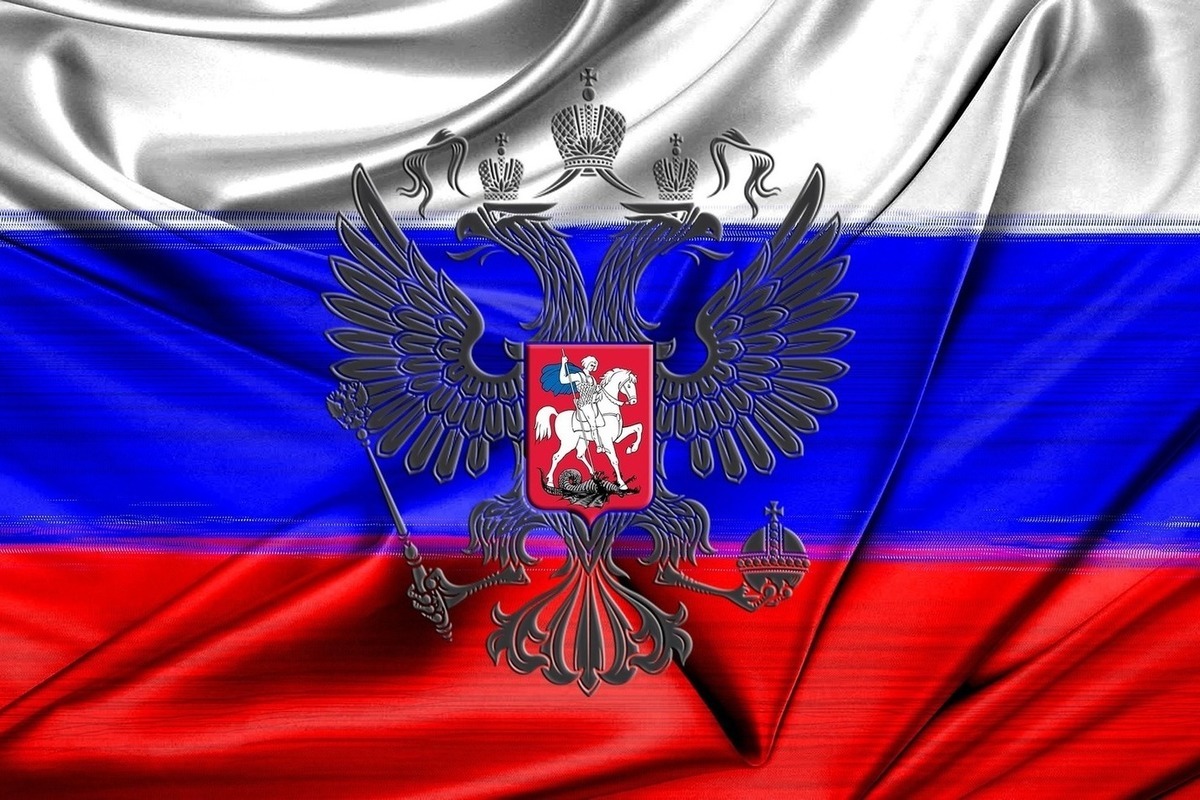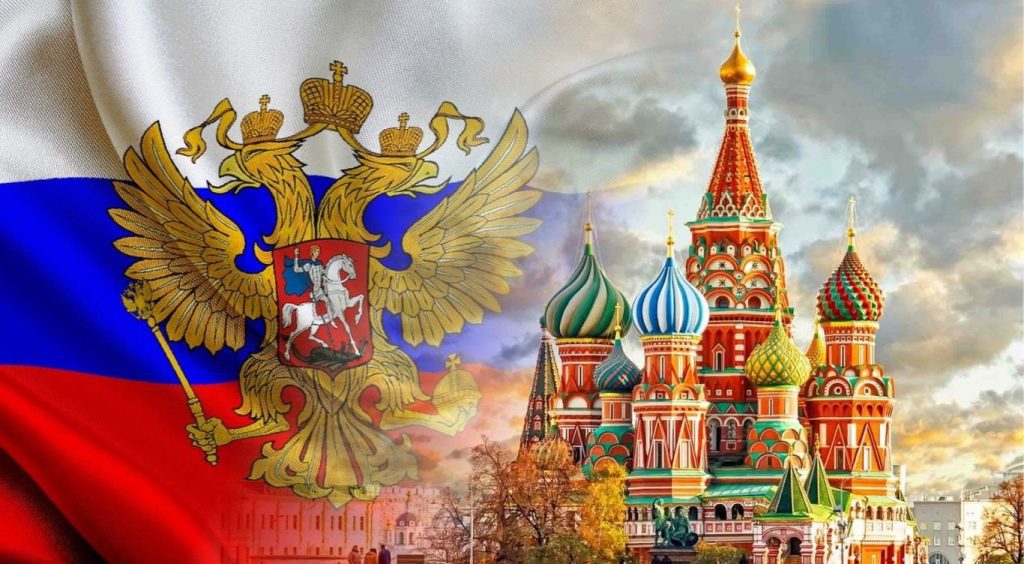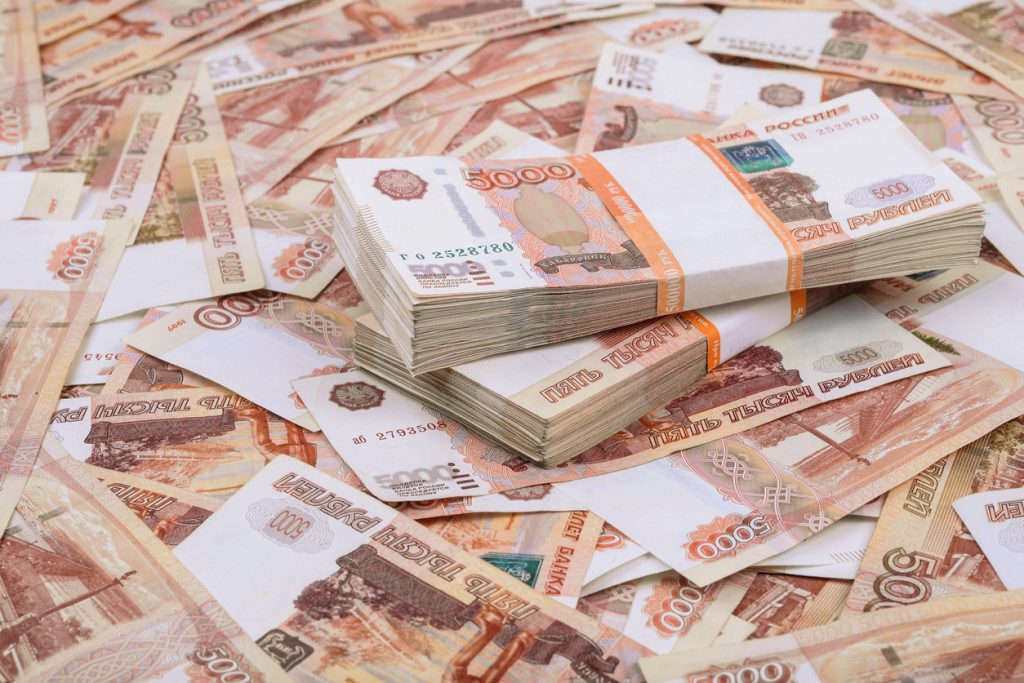Default is the inability (or in some cases unwillingness) of a debtor country to pay its obligations before https://telegram-store.com/catalog/product-category/channels/business. This practice is also found in companies, but still, now people are more interested to know about the default of the state, because Russia already had a similar practice 30 years ago.
A repeat of 1998
Many people still remember this case, because it was not so long ago. In fact, this is where the fear of default and its consequences came from. However, that year and the situation itself is very different from today’s time. Back then, the country got into this state because of the banal lack of economic tools, since the institutions had not yet had time to form and the only option the government could offer was debts. Russia in 1998 was immersed in debts and took on more and more to close the old ones.

However, there was one thing in common – the world’s foreign companies got scared of the impending crisis and, just like now, started withdrawing their investments from the country. Russia, on the other hand, instead of supporting the economy, simply decided to default. Then the worst thing happened – devaluation and devaluation of the currency.
The situation now
The difference between Russia almost 30 years ago and today is that we have economic instruments and the ability to close debts. The latter are about $480 billion at the moment, and the total foreign exchange reserve is already $643 billion. Yes, some of this money is frozen, but we shouldn’t forget about the proceeds, which will be about $600-800 billion.
As you can see, at first glance all is well, but why is everyone, from ordinary citizens to experts, talking about default? Russia can close all of its debts and still come out “+”:
Sanctions
At the moment it seems that everything is stable, but the departure of many companies will hit not only the budget purely (you can’t buy anything), but also indirectly. Many corporations are closely tied to each other. For example, Symens covers a huge part of the country with its communications network, on which such giants as Megafon, Tele2 and others work. The departure of this company has already been evaluated in huge sums, due to which, starting from the new month, communication prices will go up by 20%.
The desire to pay debts
In fact, it’s not as strong. The government has already failed the attempt to pay in rubles for gas, due to which Gazprom lost 60% of all European suppliers, which means that the idea of “strengthening” the ruble is increasingly becoming a dream.
What consequences may await the country?
Most likely:
The state image

In fact – this is the most important indicator, because even after the “normalization” of the situation, large foreign companies for a long time will be afraid to enter the market of the country, which twice in 30 years failed to cope with its own economy. It is also more frightening if international banks refuse to work with Russia.
Devaluation
This process has already begun and although the exchange rate has “stabilized,” prices are still high and only partially lowered and wages are still not rising.
Deficit of goods
Although the government talks about “import substitution,” this idea has already officially failed back in 2014, when local production was able to cover only part of the food products. If we talk about the same communication network (which Russia itself almost never built), the production of electronics and other important things, then here we are completely dependent on imports.
Withdrawal of companies from the international market
This situation is also already happening, for example Gazprom, which is already losing almost all its European suppliers, and about 60% of its budget because of that. Now Russia is actually left with 2 major trading partners – Belarus (which brings more losses) and China, which is not physically able to give an income comparable to the whole of Europe.

